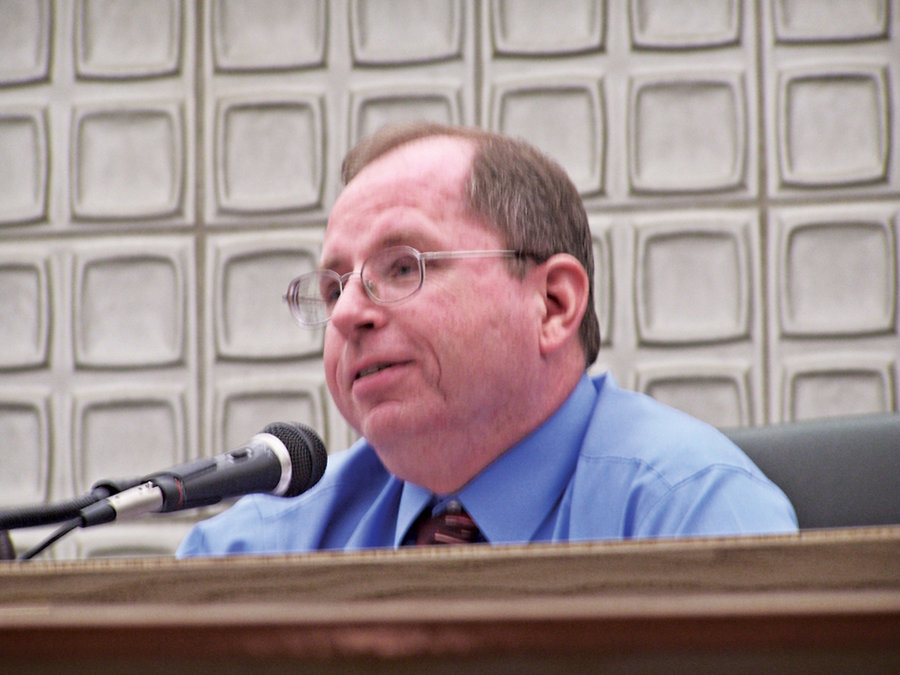How much will it cost to run the city of Bayonne this year, and what portion will be paid through your tax dollars?
Late last month, the Bayonne Town Council introduced a $135,528,808 million budget. The budget will go to a final hearing at the council meeting some time next month, and in the meantime, residents and officials can make suggestions to cut and change the spending plan before a final vote.
According to Bayonne Chief Financial Officer Terrence Malloy, the proposed municipal budget shows a small increase of $3.1 million in spending. Of that, the total taxes being raised in the budget as it was introduced would be $82,758,981.99. That means that the increase in the tax levy would be 2.64 percent. Last year the increase was 2.9 percent.
How will the increase affect the citizens of Bayonne? “The average home is assessed at $123,807,” Malloy said. “If approved, the tax increase would be $121.33 annually.”
Residents pay a total property tax amount that is determined by the budgets struck by three entities: the township (Bayonne), the county (whose budget is struck each June), and the Bayonne Board of Education (whose budget was introduced last week and will be finalized at a meeting in April). All of the amounts are based on the assessed value of the property owned by the resident.
The biggest spending increases in the Bayonne budget this year include a rise in salaries for public safety (up $891,000), municipal debt service (up $597,000), school debt service (up $578,000), pensions (up $484,000) and snow removal (up $335,000).
Separately, school taxes may be raised a proposed 2.78 percent or about $1.7 million, according to the budget introduced at a Bayonne Board of Education meeting last week.
“A budget strikes a balance between the provision of services, taxes, and fiscal responsibility,” – Terrence Malloy.
____________
Nothing set in stone
The proposed budget is subject to change as amendments are made in future weeks. The introduced figures serve only as a starting point.
Mayor James Davis did not issue a statement about the proposed budget at the time it was introduced. “The mayor won’t comment until final adoption only because of the potential for amendments, which might change the final numbers as they pertain to the budget,” said the mayor’s chief of staff, Andrew Casais. “Based on statutory requirements, you could say that the introduced budget of a municipality is a first draft.”
Casais added, “Alterations can include many things, including the increase or decrease of anticipated revenues or appropriations.”
CFO Malloy added, “The state still has to review it, the City Council is still reviewing it, and at the public hearing the taxpayers will be heard. Additionally, we may still be awarded more grants which will need to be added to the budget.”
Citizens will have a voice
“The public hearing cannot be held less than 28 days after the date of introduction, so we are still talking about two to three weeks until the earliest time for the hearing,” Casais said.
“It must be remembered that a budget strikes a balance between the provision of services, taxes, and fiscal responsibility,” Malloy said. “In an imaginary perfect world, a city would be able to provide unlimited services with no taxes. In the real world a city is always faced with the realities of balancing services, taxes, and fiscal responsibility. This introduced budget is reflective of the city’s attempt to provide that balance.”
Bayonne’s proposed municipal budget is now available for citizens to view online at bayonnenj.org.
